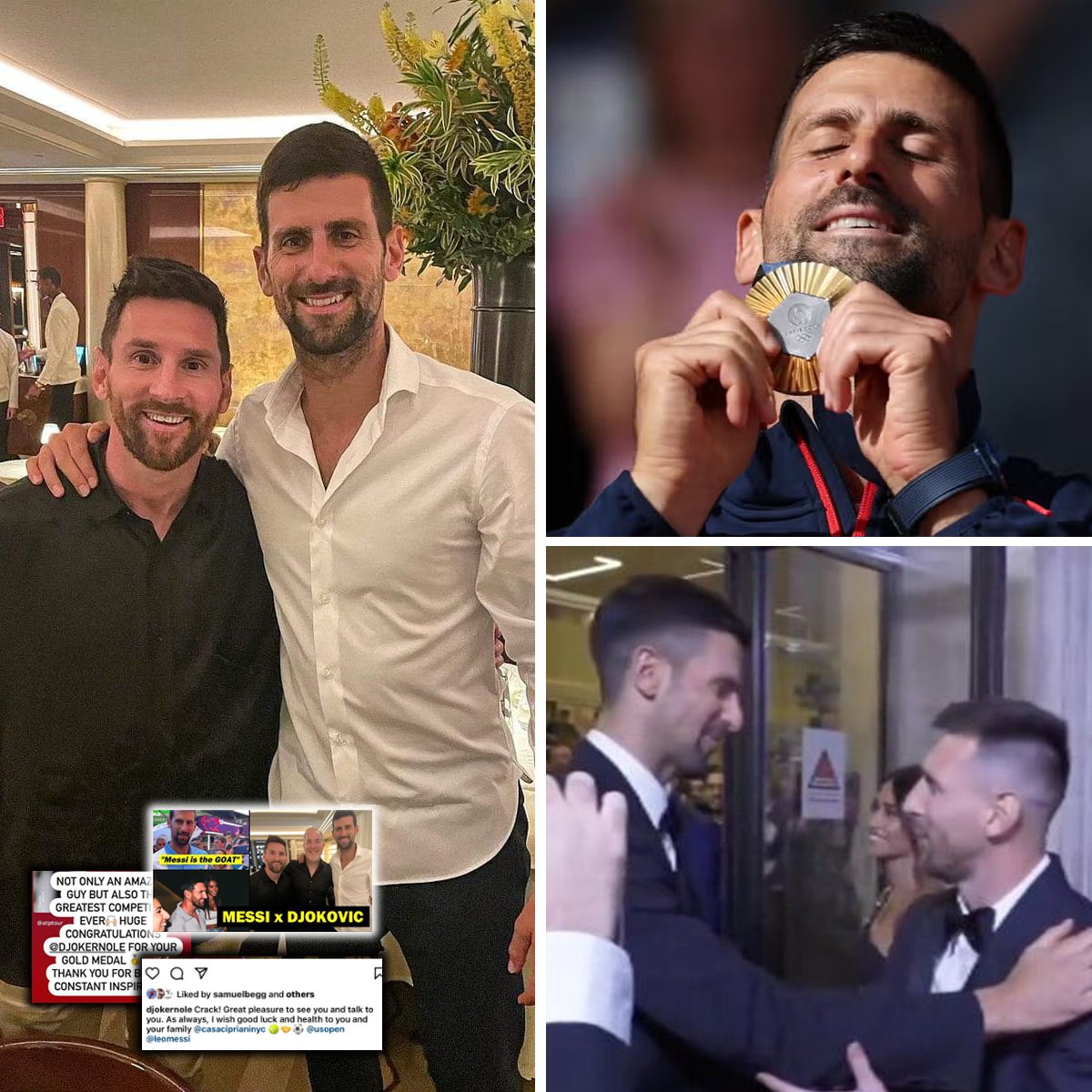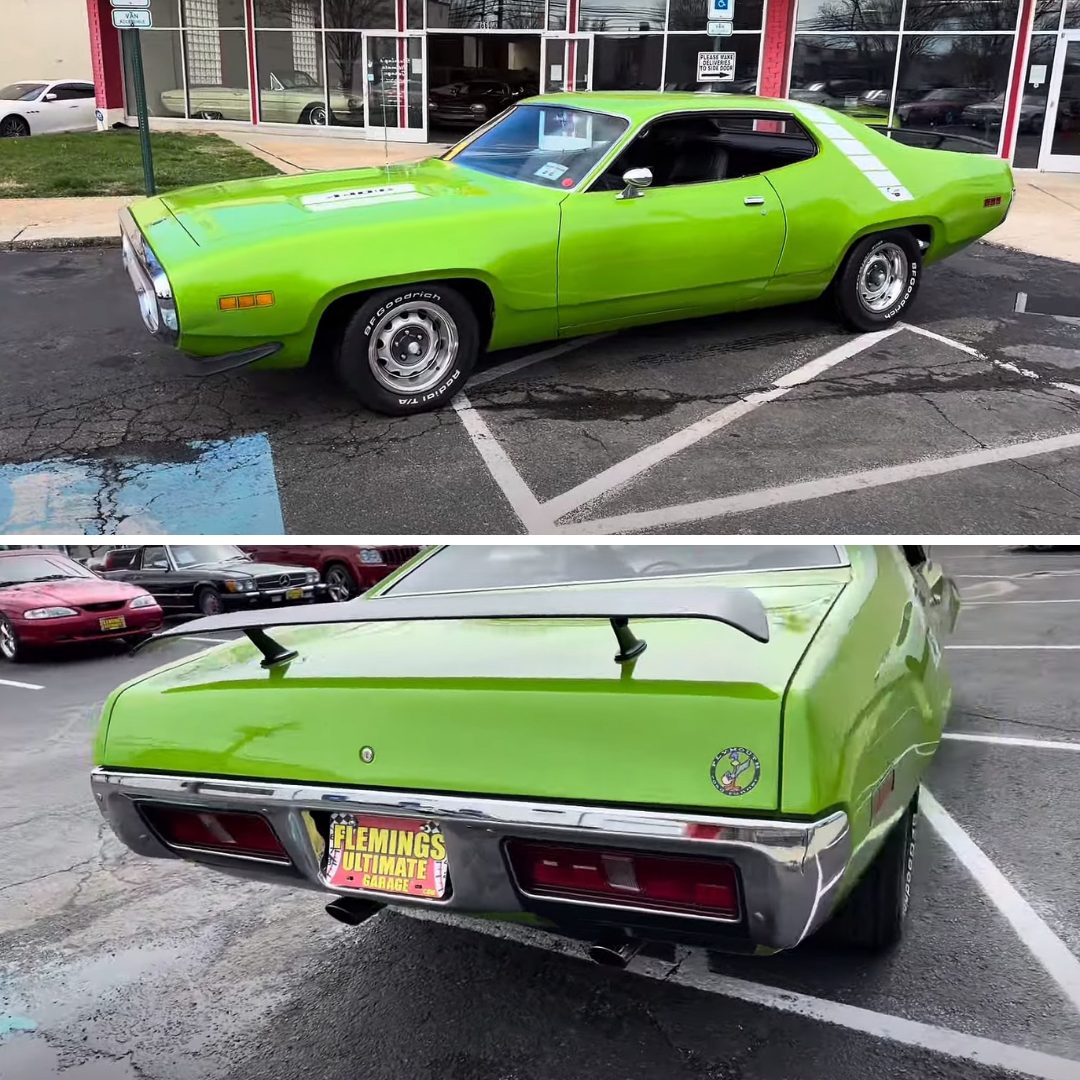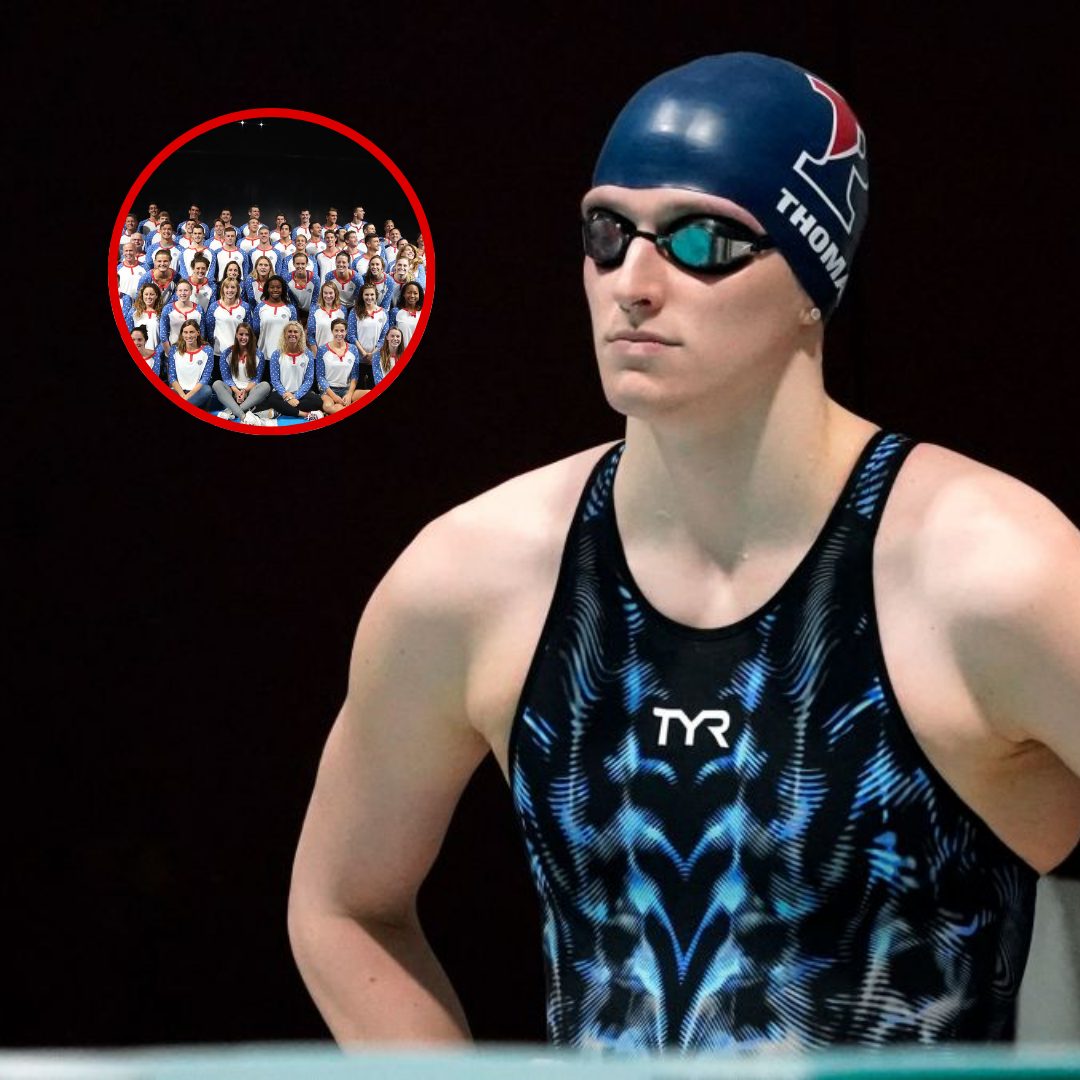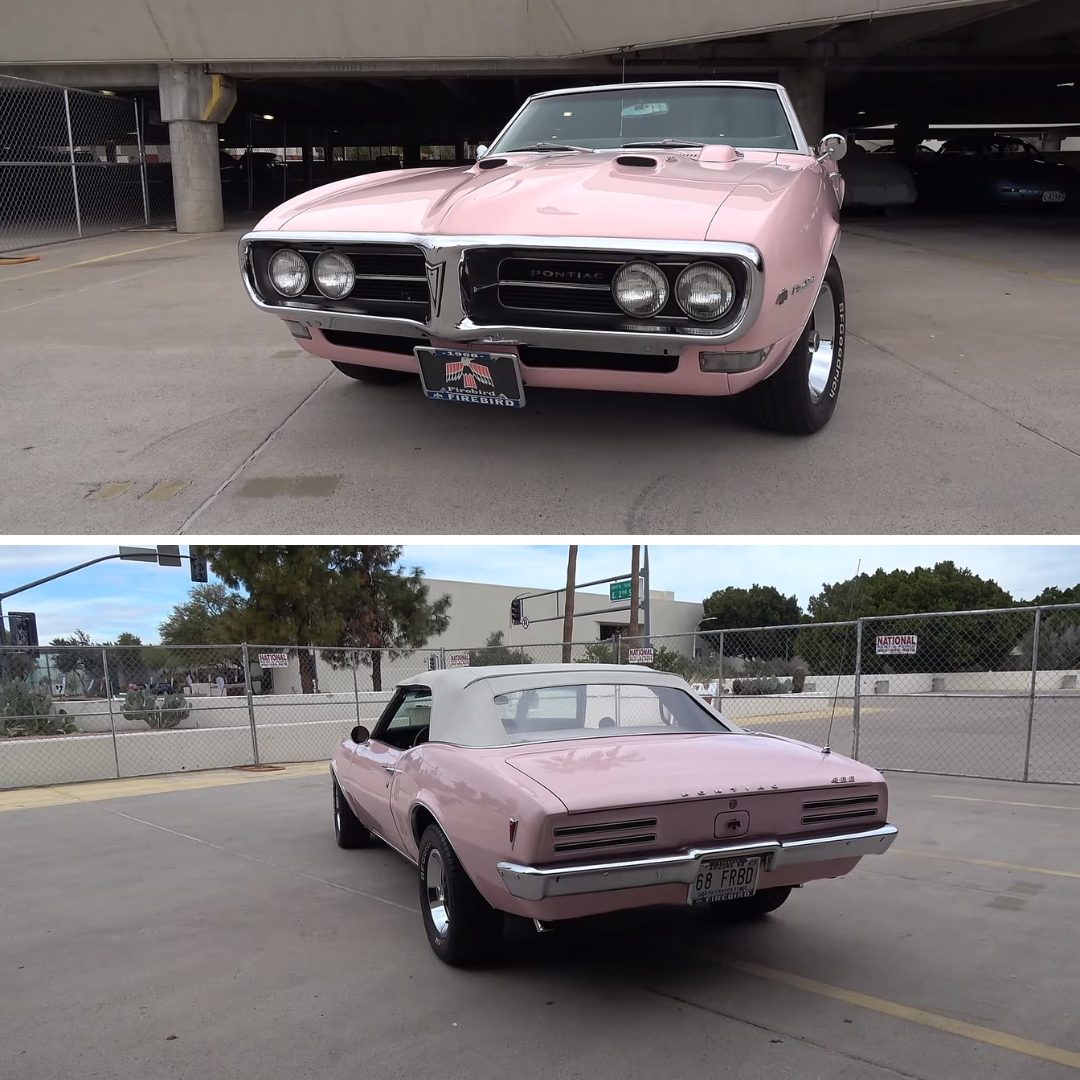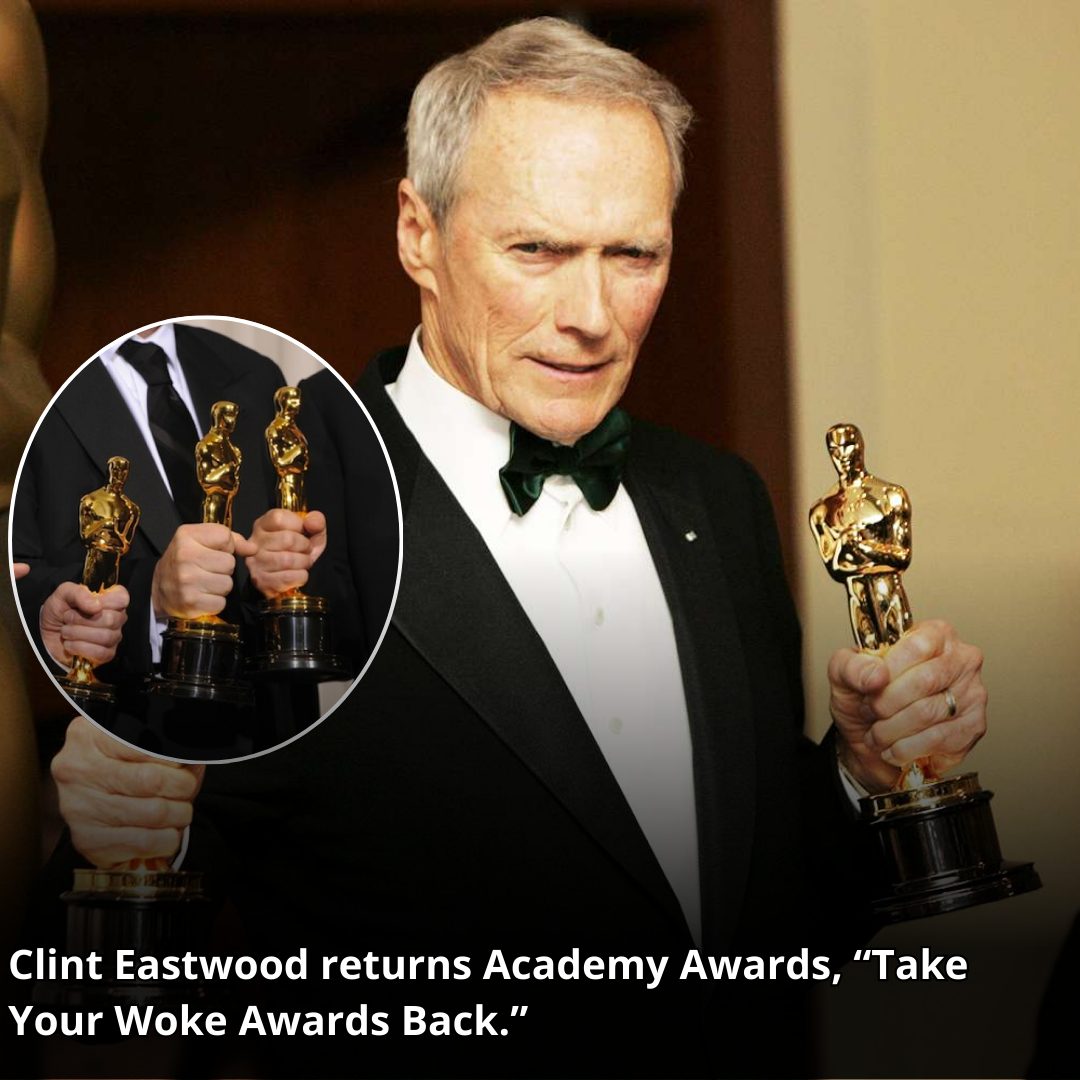The alleged quote omits key — though factually inaccurate — context
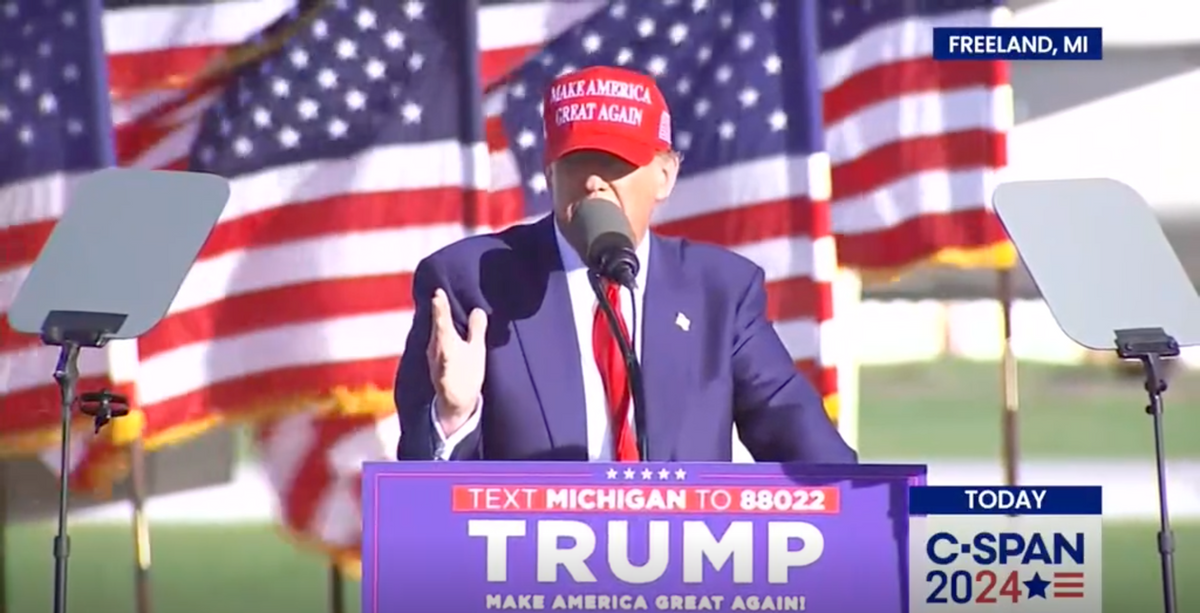
On May 2, 2024, several X accounts that supported U.S. President Joe Biden shared the claim that former President Donald Trump “said he would not defend NATO allies if Russia attacks,” referring to the North Atlantic Treaty Organization. These claims followed the GOP presidential candidate’s May 1 campaign rally in Freeland, Michigan.

Posts like this were misleading, however, in that they presented Trump’s statements — which were already rooted in a fundamental mischaracterization of NATO membership requirements — out of context.
While Trump has suggested on more than one occasion that, as president, he wouldn’t intervene to stop Russian aggression against NATO allies who don’t “pay up” (as he describes those countries’ defense spending obligations as NATO members), he has not stated that he would refuse to stop Russian aggression against all NATO allies.
For example, during the Michigan rally, Trump said:
I said “… I looked at the books, we are paying 90%, maybe even 100% of NATO, so we’re defending you militarily and you are taking advantage of us on trade. … You have to pay.” …
… I remember during a meeting one of the presidents of one of the European countries stood up and … said, “May I ask a question? … If we don’t pay, we’re not paid up and we’re attacked by Russia, will you defend us?”
I said, “You mean you are delinquent, you haven’t paid? … No, I will not defend you.”
Trump told essentially this same story at a Feb. 10, 2024, rally in South Carolina. In that telling of the story, he used even stronger language, implying he would actually “encourage” Russian aggression against “delinquent” NATO allies:
NATO was busted until I came along. I said, “Everybody’s going to pay.” They said, “Well, if we don’t pay, are you still going to protect us?” I said, “Absolutely not.”
They couldn’t believe the answer. And you never saw more money pour in to [NATO] Secretary General [Jens] Stoltenberg. …
… I came in, I made a speech, and I said, “You got to pay out.” They asked me that question. One of the presidents of a big country stood up, said, “Well, sir, if we don’t pay and we’re attacked by Russia, will you protect us?”
I said, “You didn’t pay. You’re delinquent?” He said, “Yes, let’s say that happened.”
[I said,] “No, I would not protect you. In fact, I would encourage them to do whatever the hell they want. You got to pay. You got to pay your bills.”
Trump has been critical of NATO since before he served as president, and he has often bragged of having strong-armed more funding for NATO. However, all of these claims and talking points seem to incorrectly suggest that NATO is an entity a country pays into and that America could, in a sense, evict a country for nonpayment.
In reality, membership in NATO requires, among other things, a member state to spend at least 2% of its own gross domestic product (GDP, an economic indicator) on its own self-defense apparatus. Trump has regularly argued as both a candidate and a president that some countries do not live up to this burden.
The 2% requirement was imposed in 2014 as a response to Russia’s annexation of Crimea. According to NATO, two-thirds of member countries met that requirement in 2024:
In 2024, two thirds of Allies are expected to meet or exceed the target of investing at least 2% of GDP in defence, compared to only three Allies in 2014.
Over the past decade, NATO Allies in Europe have steadily increased their collective investment in defence – from 1.47% of their combined GDP in 2014, to 2% in 2024, when they are investing a combined total of more than USD 380 billion in defence.
The central requirement of a NATO member state is being a party to a collective security agreement “which declares that if any single Ally is the victim of an armed attack, every other member of the Alliance will consider it as an attack against all members.”
In response to Trump’s February speech in South Carolina, Stoltenberg, NATO’s secretary-general, released this statement to Politico:
Any suggestion that allies will not defend each other undermines all of our security, including that of the U.S., and puts American and European soldiers at increased risk. … I expect the U.S. to remain a strong and devoted ally of NATO, whoever wins the presidential election.
Because Trump has stated that he would let Russia attack NATO allies that were, in his mind, “delinquent,” but because he did not make that threat to all NATO allies, the claim is rated a “Mixture.”
